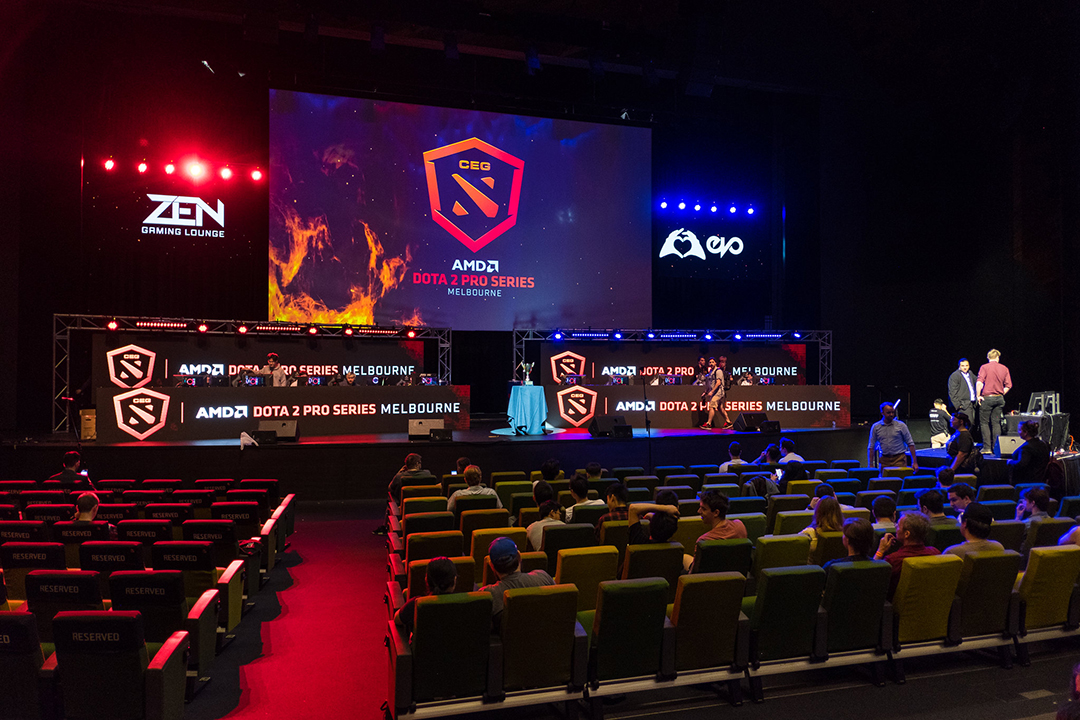The 2020 Tokyo Olympic Games were absolutely incredible, with Canada snagging a record-breaking 24 medals. This year also marked the debut of the Olympic Virtual Series, a series of virtual sporting events which took place in May and June and aimed to increase viewership of the physical events by mobilizing eSports enthusiasts. eSports is a form of competition through video games, with some of the most popular video games in eSports being Call of Duty, Overwatch, and League of Legends.
As part of the Olympic Virtual Series, players competed in motor sport, cycling, baseball, sailing, and rowing in the form of video games. Its success has sparked discussions regarding the inclusion of more eSports in the Olympics. After experiencing eSports in the Olympics for the first time, as a gamer myself, I believe that its inclusion can greatly benefit society as a whole.
For one, if the Olympics recognized an event as novel as eSports, they could reach a brand new audience and revitalize viewership among their current audience. According to NBC, the Tokyo Olympics marked a historically low viewership compared to the prior Olympics in 2016, and data indicates that this downward trend has been present since 2008. Adding more eSports to the mix would not only freshen up the Olympics, but it might also encourage younger viewers to start watching.
Additionally, eSports in the Olympics could reduce the social stigma surrounding video games. Currently, some describe gaming as only an addictive habit. However, this could not be further from the truth — gaming really can be a positive coping method for the stresses of daily life as opposed to a detriment. I know many people who play video games to wind down after a long day at school or work.
If the Olympics were to embrace eSports, I believe the stigma against gaming would ultimately be broken down and its benefits to health would be more universally recognized. Many video games encourage communication between users to complete tasks — for example, in Call of Duty, some game modes require teams to work together in order to successfully eliminate the other team and claim victory.
Additionally, video games can potentially have numerous cognitive benefits, including improved hand-eye coordination, memory, and problem solving skills, by developing the parts of the brain that are responsible for certain types of attention and visuospatial skills. If people are worried that eSports in the Olympics could promote addiction to video games, there are options that consumers can and should use to prevent encouraging a video game addiction. For example, in Sony’s Playstation 5, parents can set a limit to how long their children can play for, to curb fears of addiction in children.
All in all, I truly believe eSports deserves to be included in the Olympics. From the potential increase in viewership that would result from its inclusion to the various social benefits it provides, eSports certainly has a lot of potential. The Olympics are meant to unite people from all walks of life to celebrate world peace and prosperity, and the inclusion of eSports only does more to achieve that goal.


